Since the 2008 financial crisis, press coverage of several high profile tax avoidance cases, businesses appearing in front of Parliament’s public accounts committee have all increased the focus on tax governance and transparency.
What started as an increased compliance burden for large businesses (£200m turnover) with HMRC introducing business risk reviews, the direction of travel has now started to filter down to smaller businesses.

All organisations need to prepare for increased scrutiny by embedding a tax policy and making behavioural changes now. As a result, tax is now a boardroom agenda item, with the consequences and liability of not complying becoming both corporate and personal.
Checklist for SME tax governance:

- Board of directors reporting pack
- Tax governance framework
- Tax strategy
- Tax code of conduct
- Senior accounting officer procedures
- Facilitation of tax evasion preventative procedures
- Tax risk register

The Sharpe Accountants have extensive experience of assisting businesses with their tax governance, adopting a flexible and proportionate approach to compliance depending on the nature, size, and complexity of the business.
